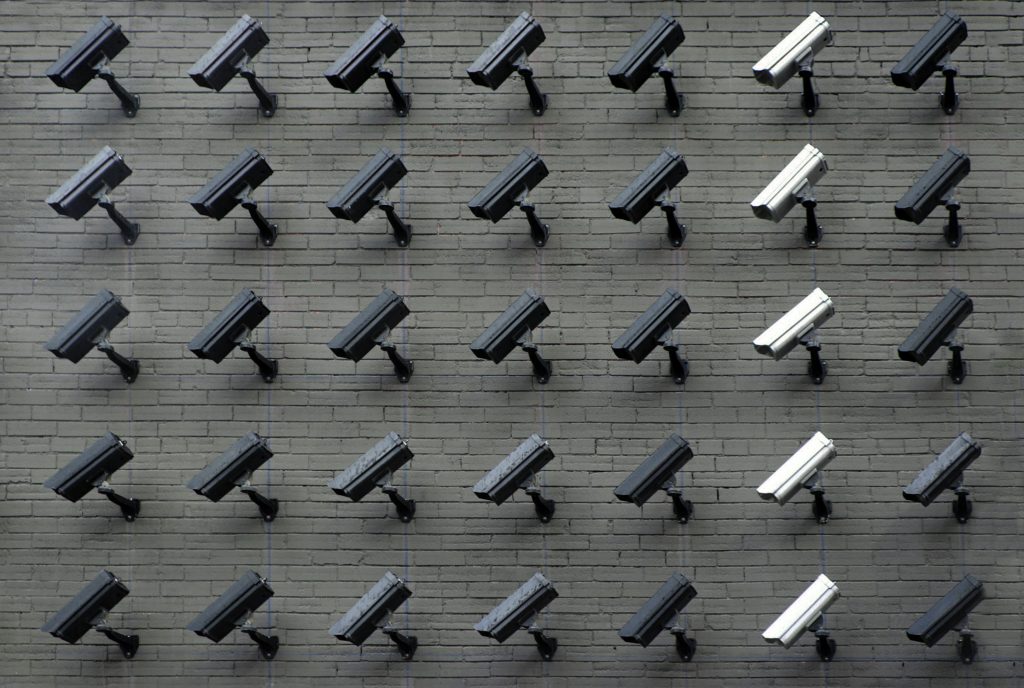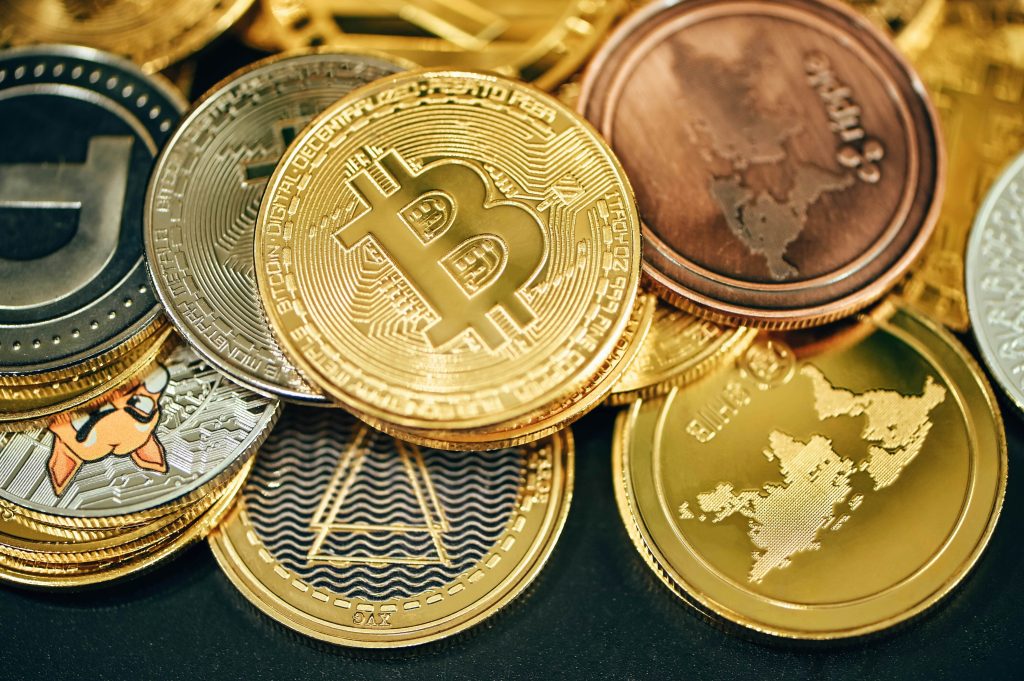Two Insider Trading Cases May Shape the Future of NFT and Cryptocurrency Regulation

By Daniel Factor*
The allure of digital assets is largely based on their decentralized and unregulated design. The summer of 2022, however, could mark the beginning of a new era of cryptocurrency and non-fungible token (“NFT”) regulation.[1] Although the prospect of government oversight makes many digital asset investors quiver, the Securities and Exchange Commission (“SEC”) and Department of Justice (“DOJ”)’s recent actions offer a glimpse into the new ways in which federal law can prevent fraud and secure cryptocurrency and NFT traders’ confidence in the digital market.
Since its founding in 1933, the SEC has aimed to protect investors, to maintain fair, orderly, and efficient markets, and to facilitate capital information.[2] The SEC enforces federal securities laws through investigations, administrative proceedings, civil lawsuits seeking injunctive relief and monetary penalties, and criminal referrals to the DOJ.[3] In addition to pursuing both formal and informal referrals from the SEC, the DOJ independently pursues criminal violations of federal securities law.[4]
On June 1, 2022, the DOJ announced its first criminal indictment related to an NFT insider trading scheme.[5] The now-unsealed indictment charged Nathaniel Chastain, a former product manager at OpenSea, with wire fraud and money laundering for using confidential information for personal financial gain.[6] OpenSea is a platform for users to buy, sell, and create NFTs.[7] As is pertinent to these allegations, the platform lists “featured NFTs” on its homepage.[8] The DOJ alleges that Chastain selected the featured NFTs, purchased the featured items before publishing the list, and sold the NFTs for a profit due to the tokens’ “featured” status, which drove up their publicity, demand, and price.[9]
The DOJ’s novel allegations avoided the question of whether NFTs are securities and thus subject to insider trading and securities laws within the SEC’s ambit.[10] By alleging wire fraud and money laundering, the DOJ likely increased its chances of success in court[11] and signaled its “commitment . . . to stamping out insider trading – whether it occurs on the stock market or the blockchain.”[12] Moving forward, some experts speculate that, if the charges are successful, “the DOJ could theoretically use it as a model to police market manipulation for other assets, regardless of whether they are considered securities.”[13] Chastain’s case also raises questions about the scope of liability for companies that list and issue NFTs.[14] As for NFT collectors and traders, the charges against Chastain should provide a degree of confidence that employees of exchange platforms are not abusing confidential information and harming the market’s integrity.
Additionally, on July 21, the DOJ announced its first insider trading case involving cryptocurrency markets.[15] The allegations against Ishan Wahi, a former manager at Coinbase, are similar to those against Chastain insofar as both employees leveraged confidential information regarding an upcoming announcement to trade digital assets for profit.[16] Like OpenSea, Coinbase is a digital asset trading platform that periodically features certain assets on its website.
Wahi’s case will likely have a greater impact on the future of digital asset regulation because of the SEC’s parallel action. While the DOJ avoided the question of cryptocurrencies and NFTs as securities, the SEC alleges that nine of the twenty-five assets at issue in the case are securities.[17] Coinbase’s Chief Legal Officer, Paul Grewal, promptly responded on the same day of the SEC’s complaint’s filing with a blog post entitled Coinbase Does Not List Securities. End of Story.[18]
If the court finds that certain digital assets, as the SEC alleges, qualify as securities, a myriad of potential implications arises. For starters, the Howey test[19] would cover a wider range of assets, and other cryptocurrencies would likely be subject to SEC regulation. Additionally, such assets would have to be offered and sold pursuant to federal securities laws, and individual brokers would have to comply with registration and licensing requirements.[20] From a macro perspective, the SEC’s ability to oversee, investigate, and regulate digital assets would grow while the decentralized attraction of cryptocurrencies would shrink.
Overall, digital asset investors face a compelling dilemma. On one hand, investors should consider the DOJ and SEC’s role in preventing fraud by maintaining fair digital asset trading platforms. Common sense protections against insider trading can be essential to a market’s integrity. On the other hand, such investors may see these recent government actions as a threat to the basic decentralized nature of digital assets. Cryptocurrency enthusiasts tout the digital asset market’s ability to self-regulate, in part through the blockchain’s anonymity and complexity. Either way, the results of the Chastain and Wahi cases will weigh heavily on the future of digital asset regulation.
* J.D. Candidate, Class of 2024, Sandra Day O’Connor College of Law at Arizona State University.
[1] See United States v. Chastain, No. 22-CR-305 (S.D.N.Y. filed May 31, 2022); United States v. Wahi, No. 22-CR-392 (S.D.N.Y. filed July 21, 2022).
[2] What We Do, SEC, https://www.sec.gov/about/what-we-do (last modified Nov. 22, 2021).
[3] About the Division of Enforcement, SEC, https://www.sec.gov/enforce/Article/enforce-about (last modified Aug. 2, 2007).
[4] Michael D. Ricciuti et al., THE SECURITIES ENFORCEMENT MANUAL 394 (Michael J. Missal & Richard M. Phillips, eds., 2nd ed. n.d.).
[5] Press Release, U.S. Attorney’s Office, Southern District of New York, Former Employee of NFT Marketplace Charged in First Ever Digital Asset Insider Trading Scheme (June 1, 2022), https://www.justice.gov/usao-sdny/pr/former-employee-nft-marketplace-charged-first-ever-digital-asset-insider-trading-scheme.
[6] United States v. Chastain, No. 22-CR-305 (S.D.N.Y. filed May 31, 2022).
[7] Id.
[8] Id.
[9] Andrew N. D’Aversa & David Axelrod, How the Feds Are Prosecuting NFT Insider Trading Scheme as Wire Fraud – and Why That Matters, COINDESK, https://www.coindesk.com/layer2/2022/06/10/how-the-feds-are-prosecuting-nft-insider-trading-scheme-as-wire-fraud-and-why-that-matters/ (last updated June 11, 2022, 8:35 AM).
[10] Stuart D. Levi et al., ‘Insider Trading’ and NFTs: What Should Companies Be Doing?, SKADDEN ARPS, SLATE, MEAGHER & FLOM LLP (June 16, 2022), https://www.skadden.com/insights/publications/2022/06/insider-trading-and-nfts.
[11] Id.
[12] U.S. Attorney’s Office, Southern District of New York, supra note 5.
[13] D’Aversa & Axelrod, supra note 9.
[14] Levi et al., supra note 10.
[15] Press Release, U.S. Attorney’s Office, Southern District of New York, Three Charged In First Ever Cryptocurrency Insider Trading Tipping Scheme (July 21, 2022), https://www.justice.gov/usao-sdny/pr/three-charged-first-ever-cryptocurrency-insider-trading-tipping-scheme.
[16] Wahi, supra note 1.
[17] Id.
[18] Paul Grewal, Coinbase Does Not List Securities. End of Story., COINBASE (July 21, 2022), https://blog.coinbase.com/coinbase-does-not-list-securities-end-of-story-e58dc873be79.
[19] Nathan Reiff, Howey Test, INVESTOPEDIA, https://www.investopedia.com/terms/h/howey-test.asp#:~:text=The%20Howey%20Test%20refers%20to,Securities%20Exchange%20Act%20of%201934 (last updated Aug. 11, 2022).
[20] John Carney, et al., SEC and DOJ Bring Parallel Crypto Insider Trading Cases; SEC Alleges Nine Tokens Are Securities, BAKER & HOSTETLER LLP (July 22, 2022), https://www.bakerlaw.com/SEC-and-DOJ-Bring-Parallel-Crypto-Insider-Trading-Cases.


